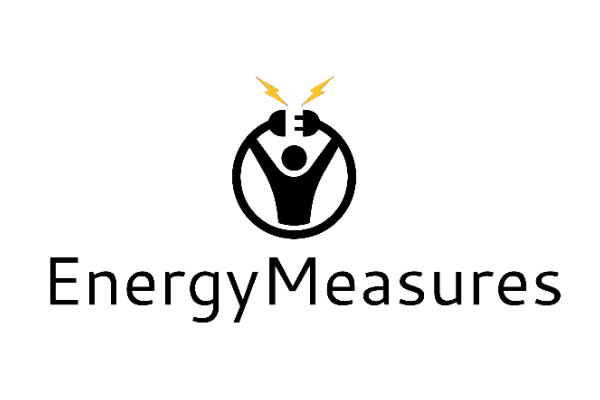
Between 50 and 125 million people are at risk of energy poverty in the EU. Efforts to address this issue will require a suite of measures informed by participatory and inclusive approaches.
The aim of the project is to improve the energy efficiency of households at risk of energy poverty by raising the energy awareness of the inhabitants, changing their habits and applying low-cost energy saving measures.
The implementation of the energy advisory programme within EnergyMeasures project will allow selected households to obtain an individual assessment of their current situation and expert advice, and as a result to reduce their energy consumption and costs by implementing specific solutions. Project activities will also help to improve local policies, facilitate the diagnosis of energy poverty and contribute to improving the well-being of residents and - by reducing energy consumption - to reducing greenhouse gas emissions.
EnergyMEASURES works to address energy poverty in eight European countries through two complementary and synergistic strands of work. Namely, through direct household engagements that are complemented and informed by cutting edge policy and practice innovations. The first strand involves working with energy poor households to improve their energy efficiency through a combination of low-cost measures, and changes in their energy-related behaviours and practices. EnergyMEASURES will map out key indicators characterising those most at-risk of energy poverty, and will leverage partners’ ongoing projects and use their existing relationships with energy poor and at-risk households to recruit them for the household energy engagement programmes. Recruited householders will be provided with low-cost energy measures and empowered to change their energy-related behaviours and practices through an approach that is cognisant of existing housing conditions and is reflective of the lived experience of householders. The second strand involves working with municipalities, energy authorities, housing associations and other relevant actors to assess how current multi-level institutional contexts affect efforts to alleviate energy vulnerability in the participating countries.
Some concrete key performance indicators:
- 3650 households’ engagement
- average reduced energy demand of 850 kWh per household
- reduced electricity demand of c. 325 kWh
- reduced heating energy demand (including electricity) of c. 525 kWh.
Follow the project updates on Facebook and Instagram. This page was last updated on 16 November 2023. For the most updated information about the project, please visit the EC Funding and Tender website and the website of the project.
- Project duration
- 1 Sep 2020 - 29 Feb 2024
- Project locations
- Cork & Dublin, IrelandFranceGermanySkopje, North MacedoniaBielsko-Biała, PolandBurgas & Gabrovo, BulgariaTurnhout, BelgiumOuter Hebrides, United KingdomEindhoven, Netherlands
- Overall budget
- €1 995 575
- Project website
- EnergyMeasures
Stakeholders
Coordinators
[Lead Partner] University College Cork (UCC)
- Address
- Ireland
Energy Action Limited (EA)
- Address
- Ireland
Duneworks (DUNE)
- Address
- Netherlands
HET pon telos (PON)
- Address
- Netherlands
Gemeente Eindhoven (EIN)
- Address
- Netherlands
Autonoom Provinciebedrijf Kamp C (KAMPC)
- Address
- Belgium
Provincie Antwerpen (SAAMO)
- Address
- Belgium
Stowarzyszenie Gmin Polska Sieć Energie Cités (PNEC)
- Address
- Poland
Habidom Dooel Skopje (HABI)
- Address
- North Macedonia
Municipal Energy Efficiency Network ecoEnergy Association (ECOE)
- Address
- Bulgaria
Tighean Innse Gall Ltd (TIG)
- Address
- United Kingdom
Oikoplus GmbH (OKP)
- Address
- Austria
